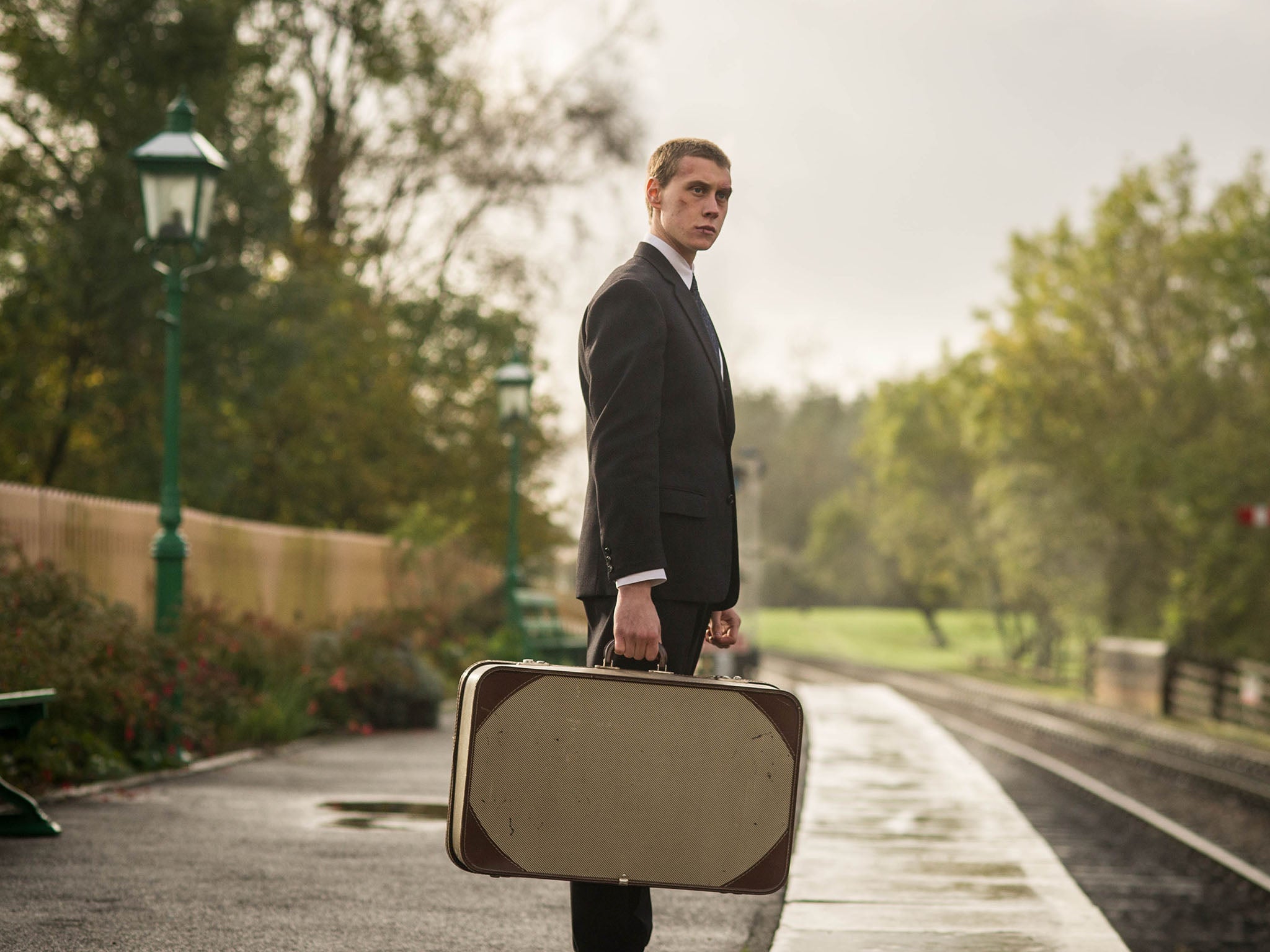The Outcast, review: A post-war Britain of misery and snobbery, not bunting and tea parties
In a medium that’s enamoured of home-baking, nurturing communities, and the benefits of a stiff upper lip, this is a useful and welcome corrective

Your support helps us to tell the story
This election is still a dead heat, according to most polls. In a fight with such wafer-thin margins, we need reporters on the ground talking to the people Trump and Harris are courting. Your support allows us to keep sending journalists to the story.
The Independent is trusted by 27 million Americans from across the entire political spectrum every month. Unlike many other quality news outlets, we choose not to lock you out of our reporting and analysis with paywalls. But quality journalism must still be paid for.
Help us keep bring these critical stories to light. Your support makes all the difference.
Sadie Jones’s two-part adaptation of The Outcast, her own Costa Award-winning first novel, brings something unusual to television; a portrait of the conformist and snobbish side of post-war Britain. In a medium that’s enamoured of bunting and home-baking (The Great British Bake Off), nurturing communities (Call the Midwife), and the benefits of a stiff upper lip in civilian life (Foyle’s War), this is a useful and welcome corrective.
Lewis Aldridge (played first by Finn Elliot and then, as a young man, by George MacKay) is a social outcast in the village where he lives, but one that we, the audience, come to understand completely.
As an excitable little boy he was silenced by the stern father who came home from the war a stranger, and was then traumatised when his beloved mother drowned in an accident to which he was the sole witness. He is further alienated from his own home by the arrival of a new, young and selfish stepmother (Downton Abbey’s Jessica Brown Findlay) and forced by convention to submit to the bullying of his father’s boss and other boys his age. Is it any wonder if all that repressed rage manifests as self-harm and random acts of arson?
There were a lot of heavy silences in Lewis’s world and director Iain Softley made the most of them: the eerie underwater stillness, as he tries to rescue his mother from the river, and the stilted conversations in the drawing room. It’s a very gripping sort of misery, but you do hope that it eventually relents for poor Lewis. Maybe in next week’s part two, he’ll finally get to step out into the Swinging Sixties.
Join our commenting forum
Join thought-provoking conversations, follow other Independent readers and see their replies
Comments